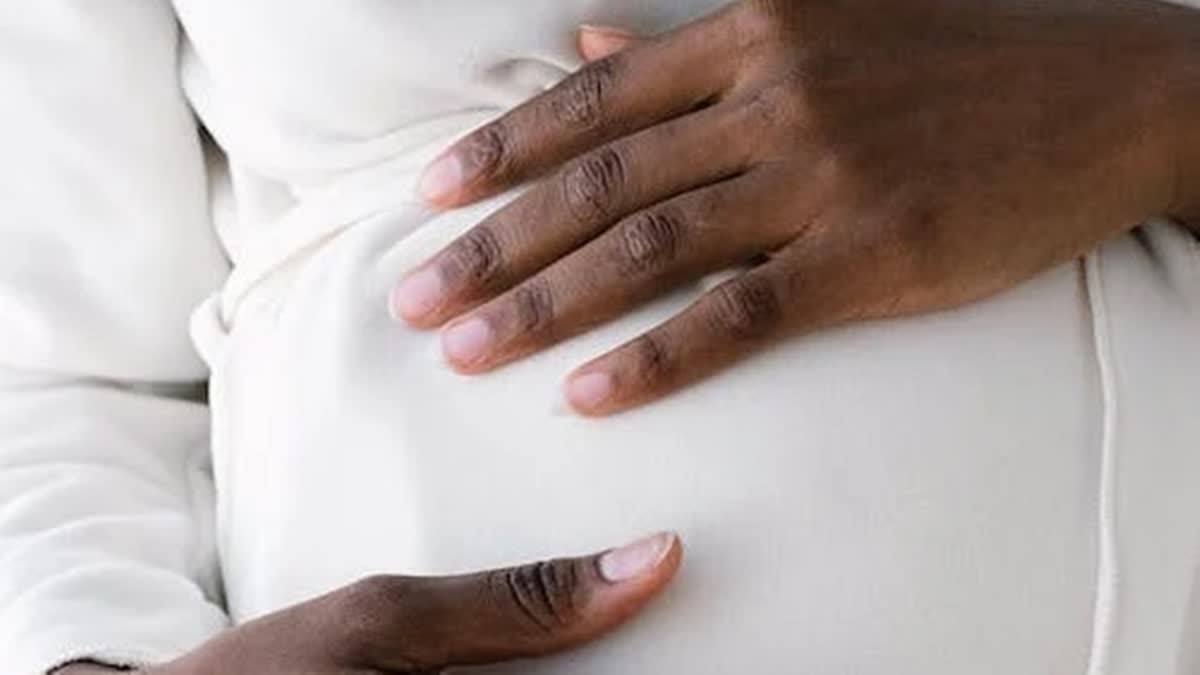Hyderabad: Abortion is a phenomenon that has been deliberated upon since times immemorial and continues to be a topic of contention even today. This debate can be recapitulated in two terms- Pro Choice and Pro Life. A woman has a right to make decisions regarding her own body. Support for this right is found in a number of human rights instruments, which ensure freedom in decision-making about private matters.
Such provisions include protections of the right to physical integrity, the right to decide freely and responsibly the number and spacing of one’s children and the right to privacy. Right to life and personal liberty is the most sacrosanct, precious, inalienable and fundamental of all the fundamental rights of citizens. This guarantee imposes a restraint on the government and it is part of the cultural and social consciousness of the community in India.
In this context, every woman owe an individual right, right to her life, to her liberty, and to the pursuit of her happiness, that sanctions her right to have an abortion. Each year, around seventy-three million abortions take place worldwide, according to the World Health Organization (WHO). This translates to about thirty-nine abortions per one thousand women globally, a rate that has stayed roughly the same since 1990.
Between 1990–94 and 2015–19, the average abortion rate in countries with generally legal abortion excluding China and India declined by 43 percent. By contrast, in countries with severe restrictions on abortion, the average abortion rate increased by around 12 percent. The first country to reform its abortion law was the Soviet Union, spurred by feminist Alexandra Kollantai, through a decree on women’s health care in October 1920.
According to Center for Reproductive Rights, there are a total of 24 countries where abortion is prohibited. About 42 countries allow abortion to save a woman's life. 72 countries allow abortion on request, mostly within 12 weeks. Several countries, including India also allow women the right to abortion on broad social and economic grounds, such as a woman's financial condition, etc.
Recently SC has been hearing a married woman’s request for ending her 26-week pregnancy. The case has travelled to two different Benches of the SC, and raised crucial questions on the decisional autonomy of a woman to abort, and the legislative framework. The impact of these pregnancies will vary immensely depending on such factors as a woman’s health, family relationships, economic resources, and the availability of medical care.
These and other factors will influence her decision to either carry a pregnancy to term or seek an abortion. Given the complexity of this decision, the only person equipped to make it is the pregnant woman herself. The right to life is protected in multiple human rights instruments. It is widely acknowledged that in countries in which abortion is legally restricted, women seek abortions clandestinely, under conditions that are medically unsafe and therefore life threatening.
The right to gender equality is a fundamental principle of human rights law. Freedom from discrimination in the enjoyment of protected human rights is ensured in every major human rights instrument. In the end it should be kept in mind that reproductive choices are a women's integral right under personal liberty. It was observed by the Supreme Court in the case of Suchita Singh vs Chandigarh Administration that to procreate or abstain from procreating is a woman's right to privacy, dignity and bodily integrity that should be respected, "the right to make reproductive choices is also a dimension of personal liberty as understood under section 21 of the constitution of India".
The amendment to the MTP Act is a step in the right direction but the MTP Laws in the Country are far from ideal for women. In September 2022, a Bench led by Justice Chandrachud allowed abortion for an unmarried woman who was 24 weeks pregnant, and was in a consensual relationship. The Bench cited “transformative constitutionalism” that promotes and engenders societal change.
There are also instances in which a court has overruled the decision of the medical board to allow termination. In ‘Bhatou Boro v. State of Assam’ (2017), Gauhati High Court overruled the medical board’s refusal to give an opinion for termination of pregnancy of over 26 weeks of a minor rape survivor. While courts have read the MTP Act liberally, the test of “foetal viability” as a benchmark to allow abortion is new in India.
Also read:Nearly 6 in 10 female teens anaemic in India, teenage motherhood an important risk factor: Study
